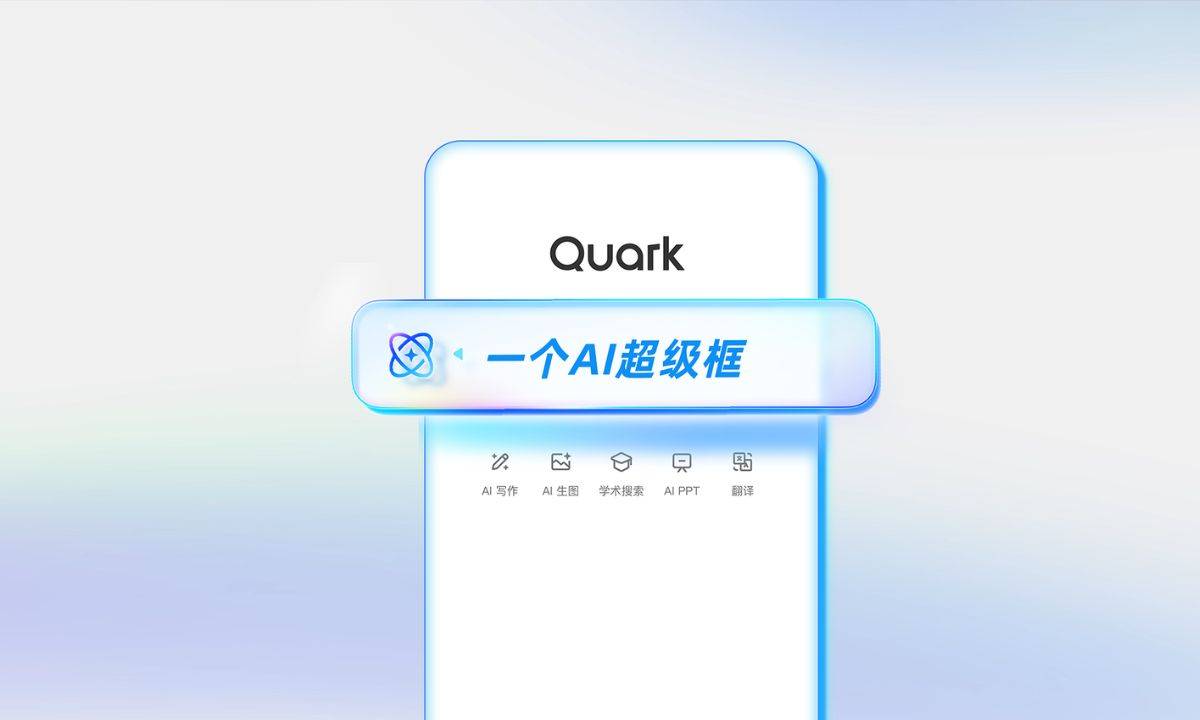
China’s top e-commerce company Alibaba on July 28 launched a mobile operating system for smartphones, jumping into a high-stakes software war already being waged by better-known industry giants Apple, Google, Nokia and Microsoft.
Unlike Google’s Android mobile operating system and Apple’s iOS, Alibaba’s internally developed system has been built specifically for China’s growing ranks of smartphone users. In a break with convention, Alibaba’s software is based on a “cloud computing” model, which will allow users to run applications and store data on remote servers instead of relying solely on the processing and storage power of their mobile devices.
Called Aliyun OS (“yun” means cloud in Chinese), the system is geared for a future in which mobile devices are almost continuously and seamlessly connected to the Internet. “Mobile users want a more open and convenient mobile OS, one that allows them to truly enjoy all that the Internet has to offer right in the palm of their hand,” said Wang Jian, president ofAlibaba Cloud Computing, the Alibaba subsidiary that developed the software. “Cloud OS, with its use of cloud-based applications, will provide that.”
At a launch event in Beijing, Alibaba officials also announced the introduction of the first smartphone to use Aliyun OS. The K-Touch Cloud-Smart Phone W700, made by Beijing Tianyu Telecommunications Equipment Co. and powered by advanced Tegra 2 chips from U.S. microprocessor maker Nvidia, are now on sale. The RMB 2,680 ($416) phones come with a number of cloud-based applications installed, including e-mail, internet search, weather updates, and mapping and GPS navigation tools, along with instant messaging software.
Many tech companies are promoting a computer-industry shift away from application-centric computing to cloud computing, among them Apple, which recently debuted its iCloud data-storage service. Mozilla, the U.S.-based developers group behind the Firefox browser, just announced a new project to build an operating system for mobile devices that will run applications primarily on the Web, stating their ultimate goal is “breaking the stranglehold of proprietary technologies over the mobile devices world.”
But Alibaba is the first to launch a cloud mobile OS. The company is betting that independent Chinese software developers will want to create thousands of Web-based programs for mobile phones that function much the same as typical apps available for Android and Apple phones.
Alibaba officials cited greater convenience among the advantages of the system, noting that users are not required to download and install application software to their mobile devices when they want to add features and functions such as games and productivity tools.
Aliyun OS users can also wirelessly synchronize, store and back up data such as contact information and photos onAlibaba Cloud Computing’sremote servers, and can access and update this data with any device that can surf the web, including PCs.Alibaba Cloud Computingis providing each Aliyun OS user with a massive 100 gigabytes of data storage capacity on its servers for no charge.
A Dogfight With Bigger Dogs
At the outset, Alibaba’s cloud system faces significant challenges, not the least of which is formidable competition. Apple’s iPhone and phones running Google’s Android OS are the early leaders in China’s growing smartphone market. Meanwhile, Nokia, whose Symbian operating system is currently in use on more Chinese phones than any other, plans to try to revive its faltering attempts to gain smartphone market share by introducing new devices using Microsoft’s mobile OS.
These entrenched foreign competitors have experience working with cellular network operators, mobile phone manufacturers and applications developers. The ability to form alliances with these key industry players influences the availability of smartphones and whether the most popular applications will be available for them. One of the selling points of Apple’s iPhone and Android phones are the thousands of apps that run on the phones, allowing users to customize them to suit individual needs.
Alibaba is a major player in Chinese e-commerce—the company’s Alibaba.com subsidiary is a leading global B2B website and Alibaba’s Taobao dominates China’s online retail industry. But Alibaba is not known as a software developer. So far, Beijing Tianyu is the only handset maker that has agreed to make Aliyun phones. Cellular service for the phone is currently available onlyfrom China Unicom, the second-largest of China’s three cellular carriers. China Unicom also offers service for the Apple iPhone.
Wang, though, appeared undaunted. During a press conference following the launch, he agreed that Alibabamightenjoycertain home-field advantages over foreign rivals.
Most mobile apps are built by Western programmers for English-speaking users, not for Chinese, even though the country is the world’s largest cellphone market.
Wang expressed confidence that the Aliyun OS can attract Chinese developers to write cloud-based applications tailored to Chinese consumers. There are countless regional websites in China, all of them essentially small businesses with the ability to develop web-based applications running on Aliyun that are suited to regional Chinese wants and needs, he maintained. “We can provide a very local experience,” Wang said. “I think that’s a key advantage.”
Wang stressed it’s faster and simpler to build what he called web-based “app-like” software than it is to create more complex programs for proprietary operating systems like Apple’s iOS—meaning garden-variety web designers, rather than trained computer programmers, can participate. Although there are only about 20 Aliyun OS apps available currently, “we expect every day we will see more,” Wang said.
No Charge
There are also compelling financial reasons for developers to join the Aliyun camp, Wang said. It’s more expensive to develop applications for the established smartphone operating systems. And unlike Apple, Alibaba does not plan on taking a cut of revenues earned by developers who sell software or services running on the Aliyun OS.
Indeed,Alibaba Cloud Computing’sbusiness model—or lack thereof—could speed adoption. Despite a costly development effort that spanned three years and involved 1,200 programmers,the companyis not making any money off the fledgling OS. It does not charge licensing fees to handset makers who want to make Aliyun phones.
Wang said that he is “not sure” about future monetization plans for the operating system. The priority, he said, is creating an ecosystem for the OS populated by a critical mass of developers, device manufacturers and others—andas many dotcom companies, from Yahoo! to Facebook, have shown, free can be a fast track to widespread adoption and a large user base.
Even if the operating system loses money, other Alibaba divisions may benefit if it helps drive mobile e-commerce growth.During the launch, AliCloud staff demonstrated an Aliyun OS app called Price Check that allows users to easily compare prices on items they find in shops with the same items available on Taobao and purchase them online.
Are Consumers Ready for the Cloud?
Even if you are givingthe OSaway, it’s far from certain that consumers will want Aliyun phones. The Apple iPhone’s groundbreaking user interface has set the bar very high. And the cloud OS meansfunctionality is partly dependant upon the coverage and reliability of cellphone service, as well as how fast and how costly it is to transfer data.
High-speed 3G networks—the kind likely to be friendliest to cloud-dependent phones—are far from ubiquitous in China. According to latest statistics from the Ministry of Industry and Information Technology, the number of 3G mobile users in the country now exceeds 80 million, just 9.5 percent of all mobile users nationwide.
Alibaba officials pointed out that high-speed cellular coverage is available in China’s major cities, and that the Aliyun phone also can link to the Internet via Wi-Fi if cellular service is not available. And because Aliyun OS and Android both share fundamental software with the open-source Linux operating system, apps built for Android phones will run on Aliyun. Wang estimated that 99 percent of Android apps will be compatible with the Aliyun OS.
For now, Alibaba seemspoised to try to spread the cloud technology to other mobile devices. Beijing Tianyu, maker of the Cloud-Smart phone, expects to release a tablet computer running Aliyun OS before the end of the year, Wang said. Alibaba Cloud Computing also is working with chipmaker Qualcomm so that the OS will be an option for lower-cost cellphones running the U.S. company’s microprocessors. “We are waiting for other manufacturers to talk to us,” he said.
Wang added thatthere isan English-language version of Aliyun. Company officials said they were not ruling out the possibility of launching the OS in other countries.




